The research in our group focuses on the following two very different topics.
These both research lines share a focus on reward and motivation, and both connect to the Healthy Ageing theme of the UMCG.
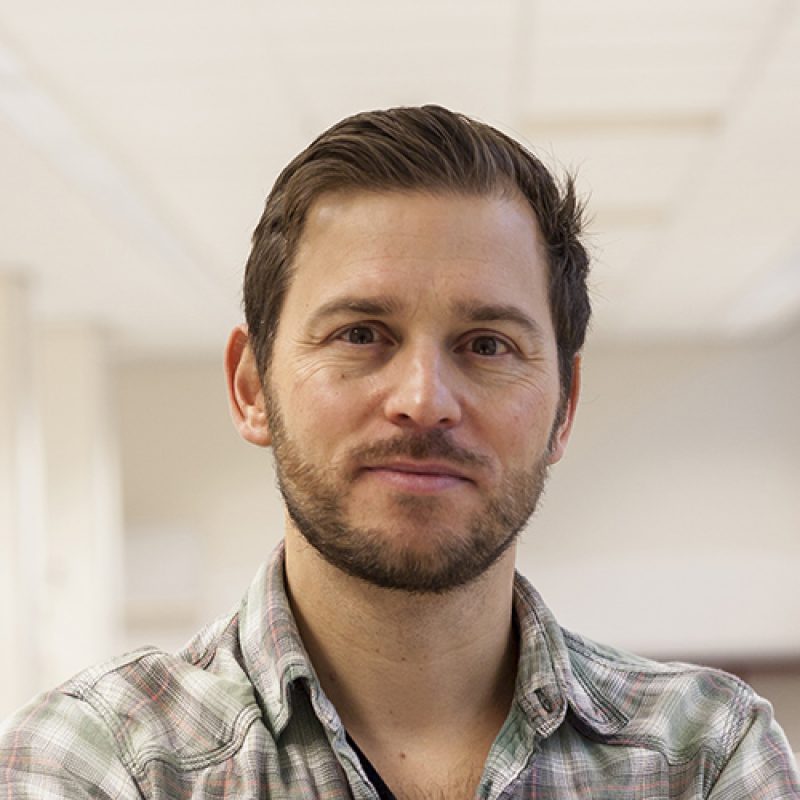
Head of the Section Anatomy and Medical Physiology
Positive affect (sexual behavior), motivational processes in biomedical education, development of education technology
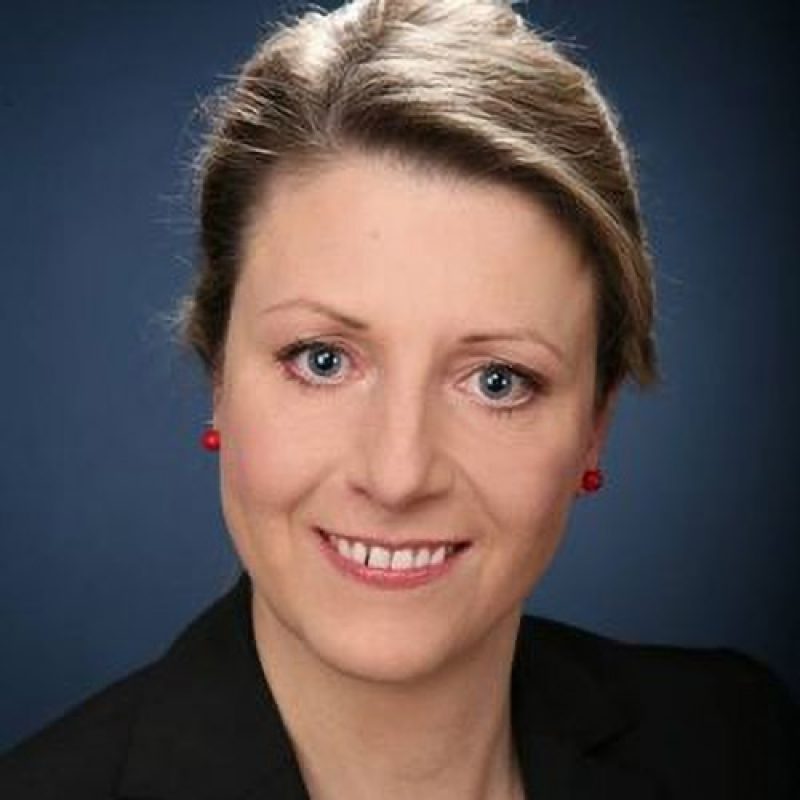









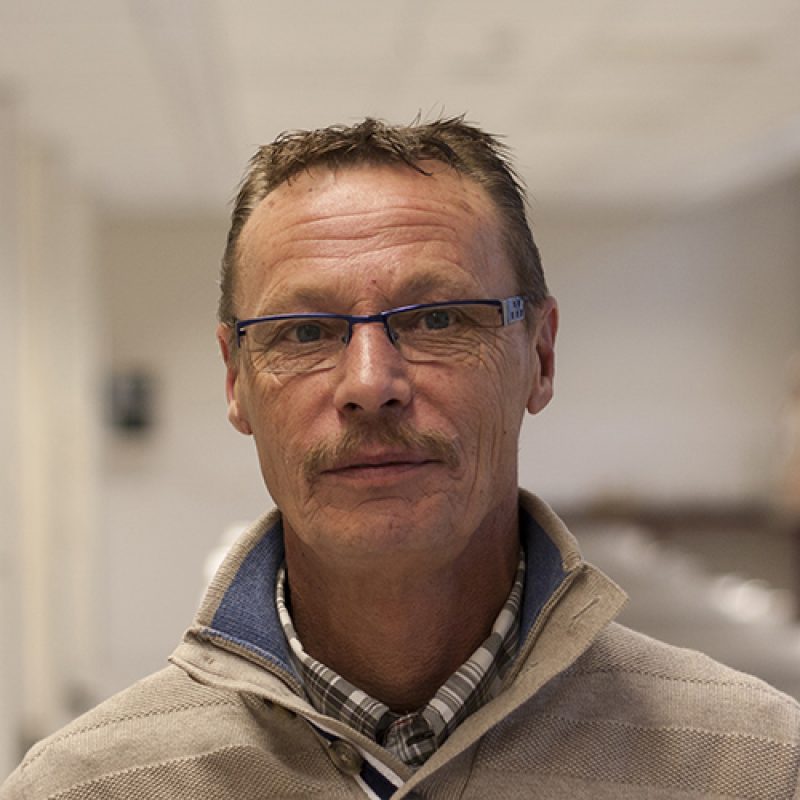

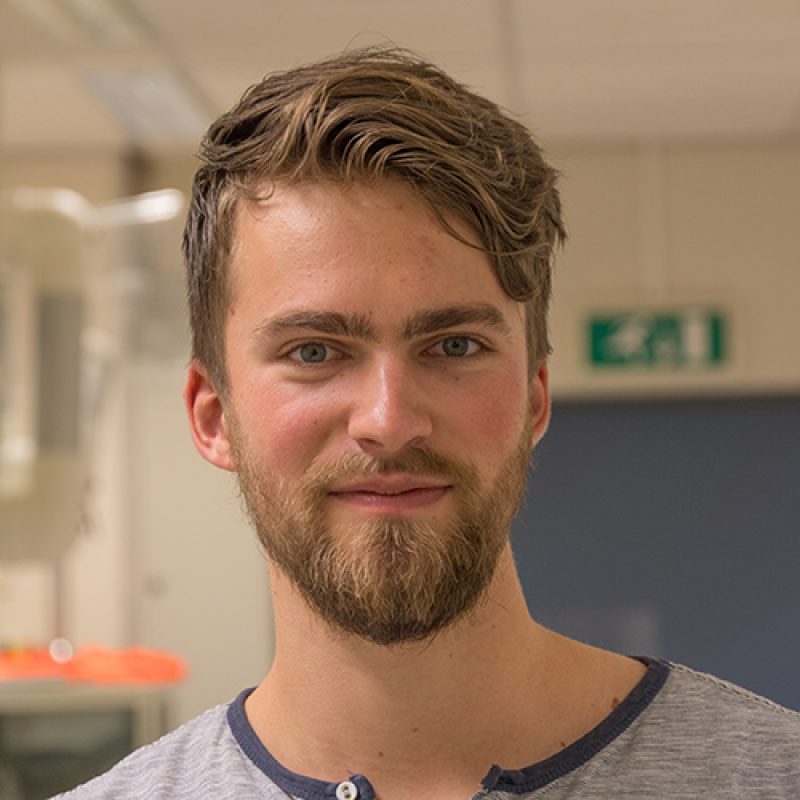

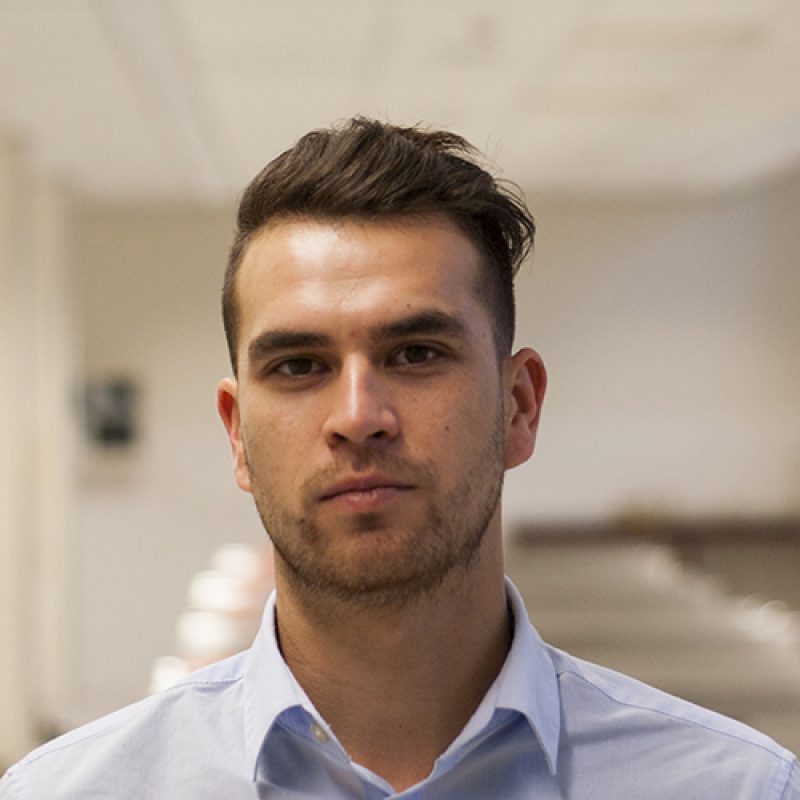
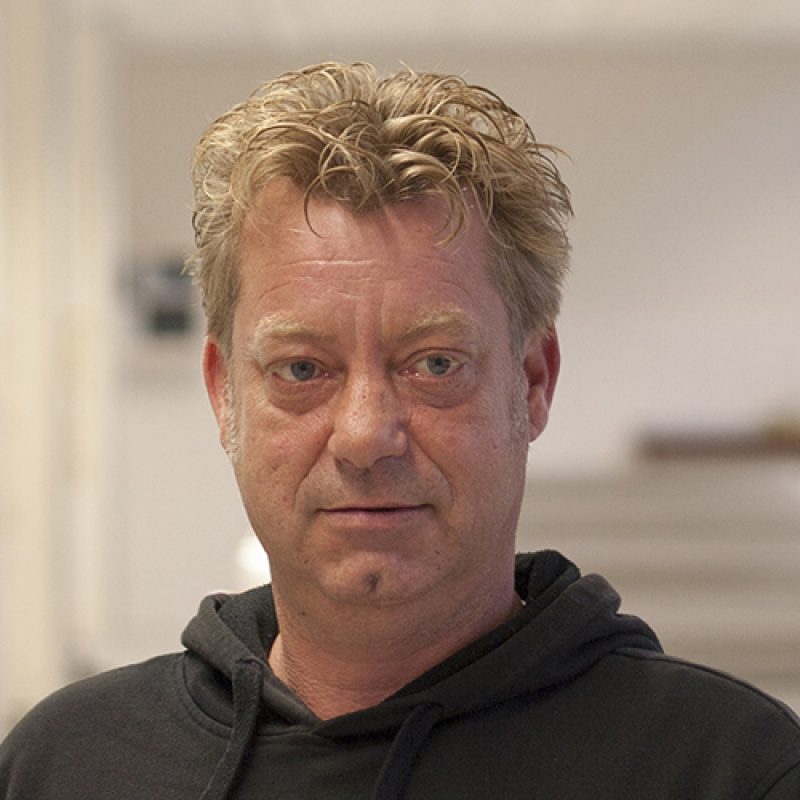
In our educational research we ask fundamental and applied questions about undergraduate and post-graduate teaching of basic medical knowledge, anatomy and physiology in particular. Having a handle on the structure and function of the human body is essential for health care professionals. Thinking about the most effective and efficient way to educate and train this competency stimulates better teaching, and thereby aligns with the Healthy Ageing objective of the UMCG through better trained students and professionals. How do we go about this? Acquiring anatomical and physiological competency increasingly depends on self-regulated learning and on distance learning (e.g. e-leaning). The challenge is to design e-learning such that self-regulated learning is supported and encouraged, instead of complicated and discouraged. We see motivation and context as important mediators in this process. We investigate whether game design principles (‘gamification’) can help us to better contextualize teaching modules so that they better target learning goals, and better appeal to individual differences in motivation. This research is carried out in close collaboration with prof. dr. Debbie Jaarsma of the UMCG’s Institute for Medical Education.
The principles above guide efforts by our group to innovate e-learning. Two main initiatives are:
Our second line of research concerns the neurobiology and neuropsychology of human reward. We investigate human sexual responsivity as a model to understand core neurobiological and neuropsychological principles of normal human reward, as sex is one of the strongest motivators in nature. Specifically, we use sexual arousal and genital sensation to study how particular configurations of brain networks can help explain how people naturally transition between very different physiological, behavioural, and reward states. Sexual behaviour, because of the occurrence of such diametrically opposed states (e.g. arousal, de-arousal) in a single behavioural sequence, is uniquely suited to study how the brain accomplishes these shifts. The research described can offer fresh new insights into clinical problems characterized by changes in reward processing or state transitions, including depression, a major Healthy Ageing topic. This research is carried out in collaboration with prof. dr. Robert Schoevers of the UMCG’s Psychiatry department.
Update your browser to view this website correctly. Update my browser now